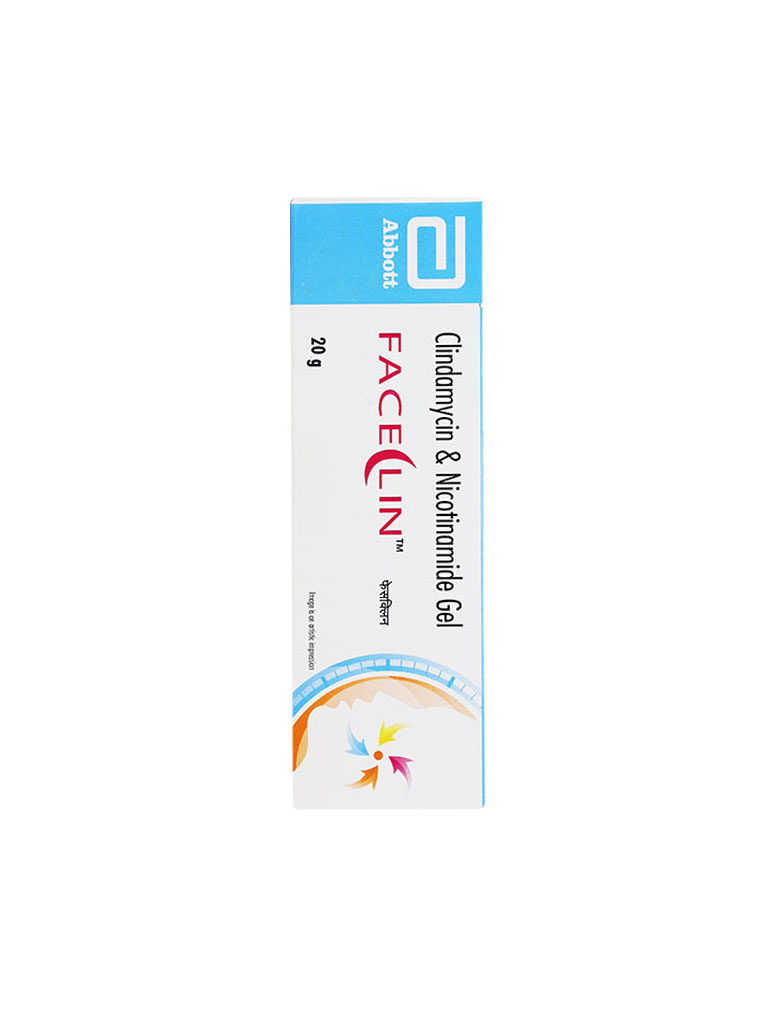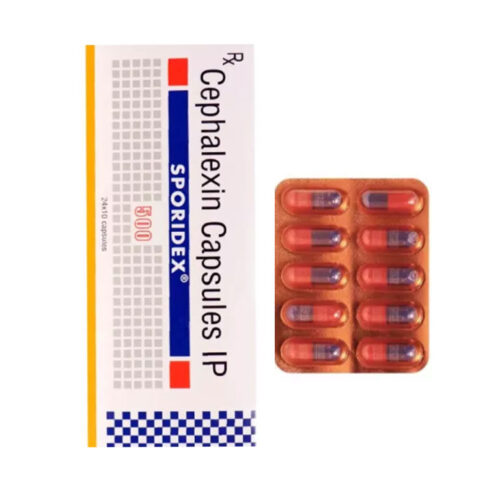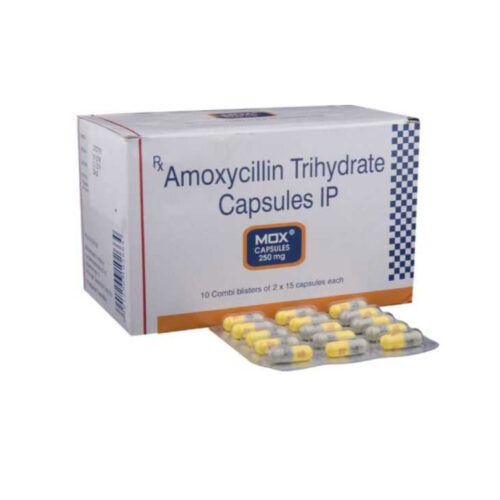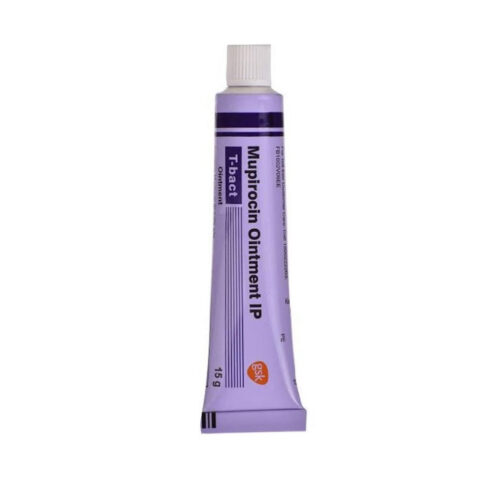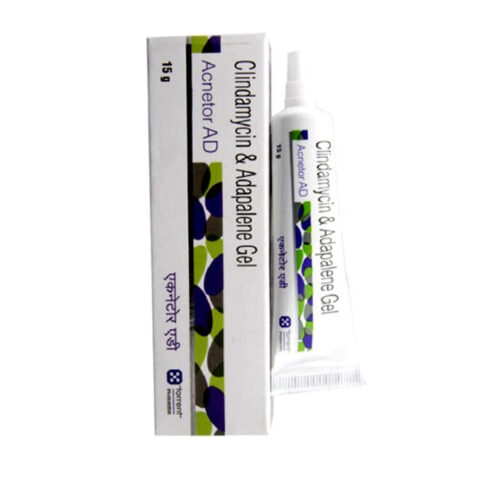Description
What is Faceclin® Gel?
Faceclin® gel contains Nicotinamide and Clindamycin powerful components to fight acne, moisturizing and renewing the skin cells.
Nicotinamide 4% in a Faceclin composition also known as niacinamide or nicotinic acid amide, is the water-soluble, active form of vitamin B3. Niacinamide gel is a fairly new treatment for acne, researches showed it to be at least as effective(or better) than the leading topical acne treatment component Clindamycin, which is quite popular among dermatologists. On the plus side, it just works, your skin does not develop resistance to it as it’s just a vitamin that directly targets inflammation (it does not kill acne bacteria) in other words, it targets the problem at an earlier stage compared to antibacterial compounds, it works even better for several types of skin than Benzoyl Peroxide or any other traditional acne treatment solution.
The chain reaction that takes place looks like this: overactive sebaceous glands→overproduction of sebum(an oily substance produced by our skin)→acne bacteria’s overgrowth on skin→skin irritation→skin inflammation→overgrown acne bacteria colonizes the inflamed hair follicle thus→immune system responds by sending white blood cells to the site of injury (your hair follicle) which results in a pus-filled inflamed zit. This is how acne develops. If we’re going to stop acne (and clear skin), we have to break this chain, we have to break as many components of this chain as possible.
Niacinamide is different than other acne medications because it treats the inflamed skin directly and without inflammation acne simply cannot exist, what we call “acne” is actually an inflamed hair follicle in the skin, the skin gets inflamed because of the overgrowth of acne bacteria.
- It is anti-inflammatory.
- Reduces sebum production.
- Improves skin barrier function through decreasing water loss through the epidermis (the outer skin layer) thus increasing skin hydration.
- Helps fade acne scars and repair damaged skin.
- In multiple clinical studies, topical nicotinamide improved fine lines and wrinkles, hyperpigmented spots, red blotchiness, and skin sallowness (yellowing) as well as elasticity. One study showed nicotinamide to increase the skin’s production of ceramides, which are natural emollients and skin protectants, thus improving skin hydration.
- Is well tolerated and does not cause skin dryness.
Clindamycin 1% is a second main ingredient of a Faceclin gel. Clindamycin is an antibiotic that is used to treat inflammatory acne. Clindamycin works by reducing the number of bacteria that cause acne. It also has anti-inflammatory effects, so it makes breakouts less red and swollen. Topical clindamycin is used to treat anything from stubborn-but-mild inflammatory breakouts to severe acne.
Clindamycin doesn’t keep pore blockages from forming, though, and blocked pores are another piece of the acne development puzzle. In fact, when it’s used alone topical clindamycin isn’t too terribly effective. Topical antibiotics alone aren’t the best way to treat acne, that’s why Faceclin gel included two active components in its composition bundled with Nicotinamide 4%. Clindamycin alone works really slowly when compared to other topical acne treatments available. But use topical clindamycin along with another acne treatment and you’ll boost its effectiveness several times.
A powerful formula for healthy skin. Faceclin® Topical Gel, manufactured by reputable Abbott is the best topical gel for acne that is based on a triple-action formula. The gel combines Clindamycin, Niacinamide, and Aloe vera for maximum benefits.
Clindamycin is a lincosamide antibiotic that hits the inflammation and redness around inflammatory acne. Although clindamycin is highly effective against acne when used alone, the addition of niacin amide makes it an even more effective option for patients. This results in a more powerful professional-grade chemical formula for a low cost.
Niacinamide holds a unique place in skincare regimens to cure all skin-related problems. It fights the inflammation and redness in inflammatory acne and prevents post-inflammatory hyperpigmentation. Niacinamide helps calm and soothe the skin from dryness caused by clindamycin.
Aloe Vera is nature’s miracle plant known for its skin healing properties. The natural compound aloin in aloe vera has anti-hyperpigmentation properties. This compound lightens the skin tone, eradicates skin imperfections like dark spots and patches, removes dead skin cells, and replaces them with healthier ones, soothe your sunburns, treat your cuts, clear up your rashes, take the sting out of bites, and calm your shaving burn and more!
Clinically Tested. Optimized to work with the physiological process of the skin, our skincare products are formulated with both potent natural ingredients and advanced synthetic ingredients. Our products utilize efficacious levels of active ingredients, are pH level-appropriate, and are thoroughly tested for safety. Tropic Pharma can supply you with a 100% authentic formulation of Faceclin topical gel.

